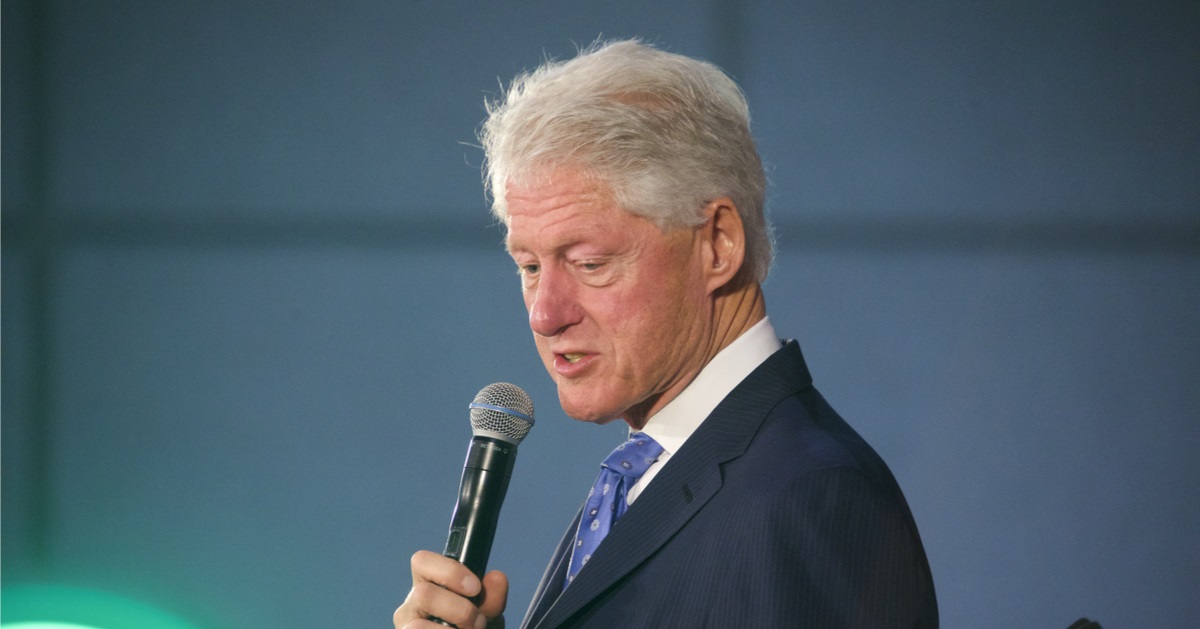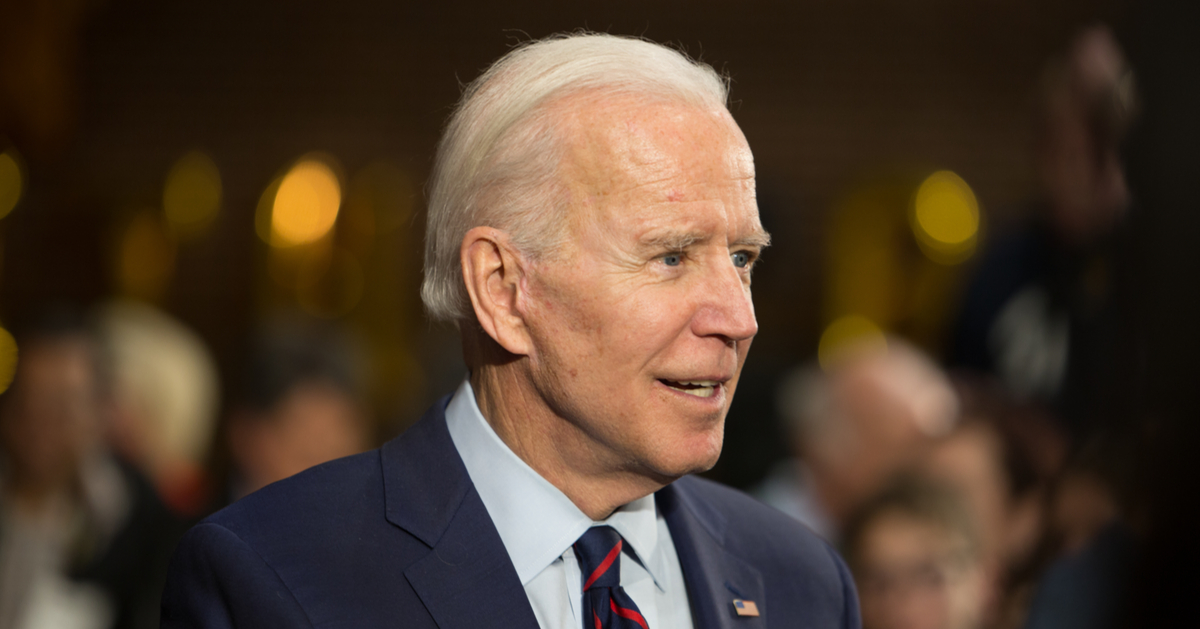SCOTUS majority declines to lift injunctions blocking Biden-Harris rule changes expanding Title IX law
Concerns have been expressed by some of former President Donald Trump's supporters about the reliability of his three Supreme Court picks -- Justices Neil Gorsuch, Brett Kavanaugh, and Amy Coney Barrett -- when it comes to matters of great importance to conservatives.
In a recent case on the Court's emergency docket involving an overhaul of the Title IX sex discrimination law by the Biden-Harris Education Department, both Kavanaugh and Barrett were in the conservative majority that allowed lower court injunctions against the rule changes to remain in place, according to the leftist advocacy group People For the American Way.
Gorsuch, however, joined a dissent with his liberal colleagues -- Justices Sonia Sotomayor, Elena Kagen, and Ketanji Brown Jackson -- which argued that the injunctions were overbroad and should have been limited to specifically challenged provisions.
The challenged changes to the Title IX law
In April, the Biden-Harris Education Department announced a slew of regulatory changes to the Title IX law of 1972 that prohibits sex discrimination in schools that receive federal funding, most of which were without controversy, such as additional protections for pregnant students, but a few of which sparked lawsuits from several Republican-led states.
One of the new provisions that raised concerns was an expansion of the definition of "sex discrimination" to include "discrimination based on sex stereotypes, sex characteristics, pregnancy or related conditions, sexual orientation, and gender identity."
Also at issue was a provision that prohibited schools from requiring transgender students to use restrooms that correspond to their biological sex as well as a vague expansion of the definition of "hostile-environment harassment" to include gender identity.
All new changes blocked, not just the challenged provisions
The new Title IX rule changes, including the three challenged provisions, were set to go into effect on August 1 but, according to SCOTUSblog, district courts in Kentucky and Louisiana imposed injunctions that blocked all of the new changes from being enforced.
The Biden-Harris administration appealed and argued that the injunctions should be narrowed to just the three challenged provisions, but the district courts along with the Fifth and Sixth Circuit Courts agreed with the states' counterarguments that all of the new provisions were intertwined together and not severable, and thus declined to limit the scope of the injunctions.
The administration then filed an emergency appeal with the Supreme Court, but in a 5-4 decision the Court declined to intercede on the government's behalf and lift the injunctions as they pertained to the unchallenged provisions in the new rules package.
That means, per a summary of the 2024 Final Rule from the Education Department, that the new changes can't be enforced in 26 of the nation's 50 states, though the Title IX law itself as of its 2020 version is still enforceable in its entirety.
The majority opinion and the dissent
In an unsigned order from the Court's majority, it was pointed out that, "Importantly, all Members of the Court today accept that the plaintiffs were entitled to preliminary injunctive relief as to three provisions of the rule, including the central provision that newly defines sex discrimination to include discrimination on the basis of sexual orientation and gender identity."
The majority also observed the lower courts' determination of the lack of severability of the challenged provisions and the failure of the government to prove otherwise, and wrote, "On this limited record and in its emergency applications, the Government has not provided this Court a sufficient basis to disturb the lower courts’ interim conclusions that the three provisions found likely to be unlawful are intertwined with and affect other provisions of the rule."
It was further noted that the Sixth Circuit had already expedited the case and would hear arguments in October, and added, "The Court expects that the Courts of Appeals will render their decisions with appropriate dispatch. In light of all of the circumstances, the Court denies the Government’s applications for partial stays."
As for the dissent authored by Justice Sotomayor, it was agreed that the challenged provisions should remain blocked but she otherwise suggested the "injunctions are overbroad" and should have been scaled back. She concluded, "On the present record, more tailored relief focused on the three challenged provisions would have redressed respondents’ alleged injuries without depriving the public of the Rule’s other provisions. Because the majority of this Court nonetheless leaves the overly broad injunctions in place, I respectfully dissent in part."



